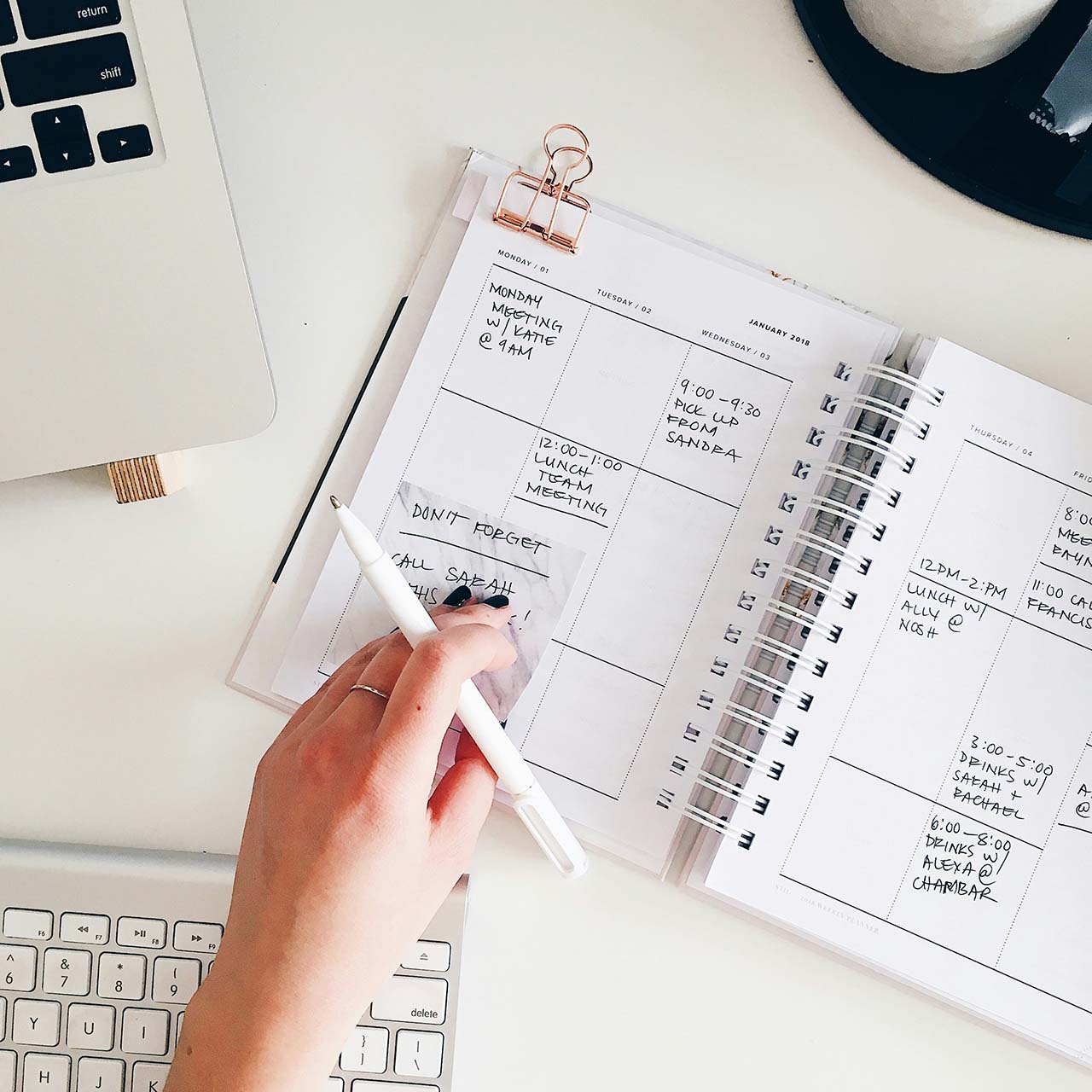(collaborative post)
It’s an exciting time to consider starting a small business, but there are many pitfalls that you might fall into. Knowing what these pitfalls are is often what ends up putting small business owners off from taking the lead. When you are spending your own money and bootstrapping your new business into existence, you need to think about it.
What are you dreaming of and where you want to go? If you’re envisioning selling your art, then you may not need to plan too far in advance. But if you are looking at improving something specific like pharmaceutical packaging, then getting the help of expert pharmaceutical packaging services makes sense. And that takes a plan!
For many, starting a business is something of a dream, but for others, it’s something that they see as a natural step when they are learning to work alone. You don’t want to be part of the percentage that doesn’t make it past the first year. So let’s take a look at some of the things that you should consider before you say yes and get started.
1. Who is your market?
It’s an important question to ask yourself, because if you’re about to go into business and pour your cash into an idea, you need to know who you’re advertising this idea to. Your customers are important and these are your bread and butter. Without customers, you don’t have a business.Imagine who your typical customer is. How old are they? Where are they based? How much are they earning? These are all questions that you really have to consider before you go ahead and say yes, you’d like to get started. Why would they buy from you and not one of your competitors? This way you can form your unique selling point.
2. Where will you be based?
How often do you walk down your local High Street and see a slew of empty shops? Are you planning to work out of your home or garage before you start moving into an actual location? Either way, you do need to consider where you’re going to start up, because you need to think about the fact that this premises idea of yours is your one shot to get it right. Location matters because you want to make sure that you are in the thick of things in the best way.
3. How much starting capital do you need?
Startup costs can be almost zero sometimes. If you’re working from home and using free advertising services then your initial cost will be fairly low. You want to keep your overhead as low as possible if you’re able to. If you’re going to open a restaurant, this won’t be possible because there are so many initial costs, from shopfitting to equipment to tables and insurance. No matter what, you need to research what costs are going to be involved in starting your small business. After all, you don’t want to end up with any nasty financial surprises along the way.
4. Write a business plan
Make sure that you write a business plan. Many people believe that a business plan is a waste of time. But even if you have run successful businesses in the past, you know that having a simple spreadsheet showing how the business will grow in terms of sales is going to make a big difference. What if you need finance? You’re going to need a business plan to take with you to the bank to show them that you’ve thoroughly thought this out. If you’re going to convince an investor to invest in you, then you need to show them that you have thought of all of the eventualities.

5. Don’t discuss it until you’re established
It’s exciting to start a business, as we said earlier, but you need to know who to trust. What if you explain your business idea to a friend over a drink, only for that friend to go ahead and open the same thing you were planning and they’ve patented your idea? It’s never something you want to consider that a friend could do that to you, but you never know. So it’s always important that you know who to trust before you tell anybody about your business.
6. Generate and test ideas
Brainstorm with people who will be working with you. Are you planning to partner with anyone specific? If so, brainstorm your business idea and get their opinion. If you can trust somebody and you want to excitedly discuss what’s happening, then go for it. You need to make sure that they are going to give you the honest feedback that you need so that you don’t open a business that’s going to be a flop.
7. Make sure that you are grounded
Without wanting to take you down a pick or two, you need to make sure that you have a thorough grounding. It’s nice to think of all the things you could be doing when your business takes off, but it has to take off first. You don’t want to have your ambition shoot so far to the sky that you’re lost amongst the stars and you can’t get back down. Almost no brand new business hits that success overnight. We all think our ideas are the best ones out there, so when it comes to planning, you need to be as realistic as possible. You don’t want to think about the fact that your business is going to double turnover in the first three years if it’s really not going to keep your feet on the ground and your head centered.
8. Make a plan for starting small
As a small business owner, you want to eventually get bigger and bigger. Starting too big you could end up failing from the moment you begin. It’s ok to be small and earn a little bit of money. Subsequently, you can then grow that small amount of money into a lot once you’ve found success. And then you duplicate that formula over and over again when you diversify.
9. Don’t start your business by quitting your old job
If you are able to start your business while you are employed, try not to quit your job and then work on your business afterwards. This leaves you without an income and the cost of living is high enough. You want to make sure that you are building a foundation of something solid. This way you can then slow it down when you have something in the bank and start to go part time on your employment before you drop it and go with your business full time.
10. Know what the tax office needs
There are a lot of hoops to jump through from letting the tax office know that you’re self-employed to registering your limited company. Make sure that you know what the requirements are as well as the tax rates so that you can avoid finding yourself with a big fine.
11. Just go for it
Some people have an idea for a business their whole lives, but they don’t know how to get started. Instead of constantly doubting yourself or questioning your decision, just go for it. Prepare a plan, which you can do over the course of a weekend and then start on Monday. You don’t have to have a plan that takes years to write. You just need to know what your idea is and start navigating around it. If you start with the central idea, brainstorm the steps you need to take and write it all down, that’s your plan. Now you just need to put it in order and get going.

12. Make sure that you have an end goal in mind
Whatever it may be, have success in mind with your end goal too. Is your dream career going to provide for you and your family, or is it going to be something you do as a side hustle? No matter what your goal is, you need to strive for it. You need to make sure that you are putting it front and center in your mind’s eye. Having that goal in mind is going to make a big difference to the end result. Are you going to hit that goal? Absolutely, as long as you put your mind to it.
13. Do something you enjoy
It is no use running a business that you hate, just like it’s no use working in a job you despise. Make sure that you enjoy what you do, whatever it is. If you do something that you love and you’re able to turn it into a thriving businesss, you’ll never look back.
14. The devil is in the details
It can be very easy to get bogged down with the minute details, but what about starting off with the big picture? Look after your finances first and start growing slowly. Take one step at a time and watch your business succeed.
Hopefully these tips give you an idea of what to consider when starting a small business.
This post was published in collaboration with a content partner. The article is meant to inspire you how to live a slow, simple, soulful and sustainable lifestyle and may contain (affiliate) links to articles, websites or products/services that may be of interest to you.
Would you like to receive inspiration from The Slow Living Guide regularly?
Sign up for the newsletter here.



